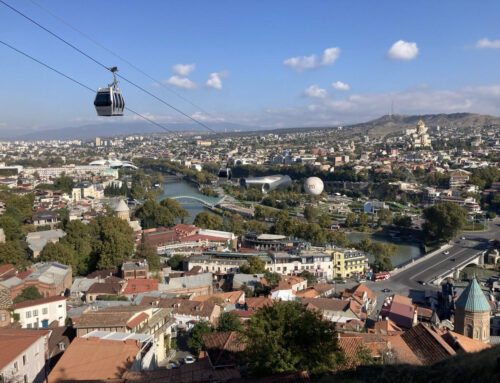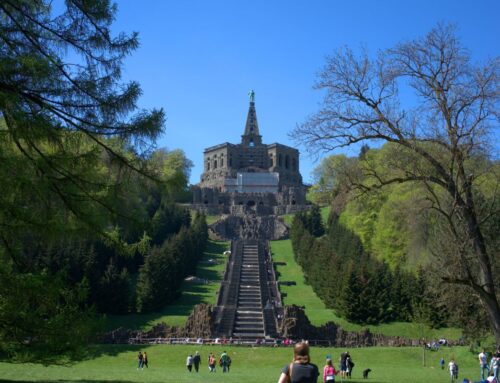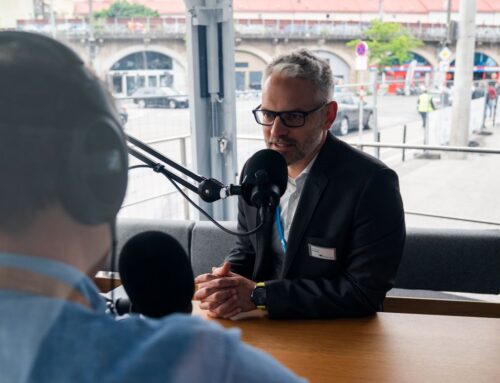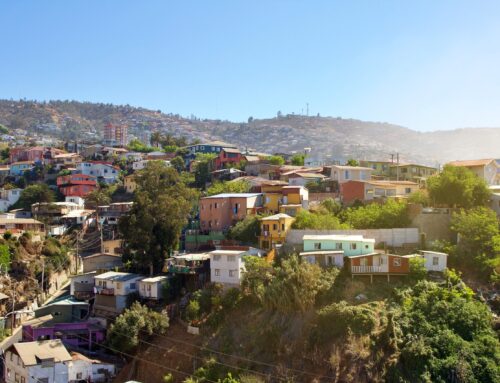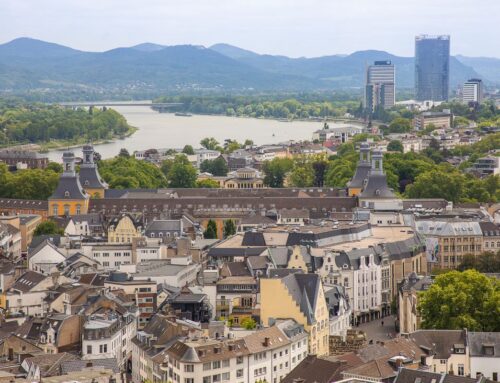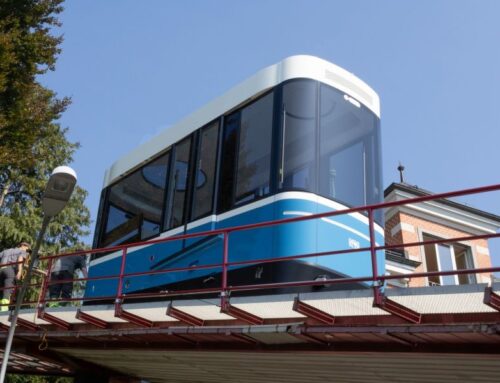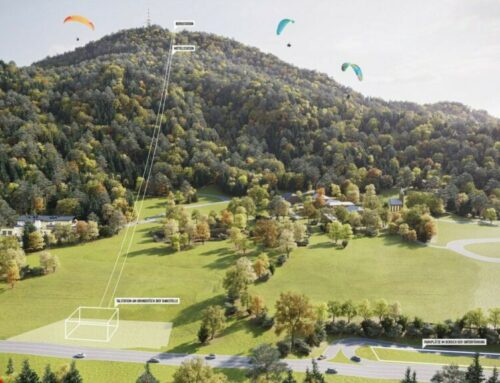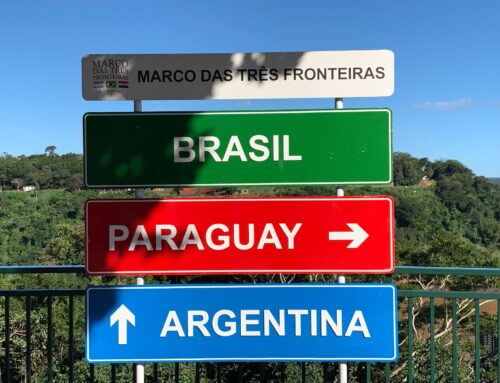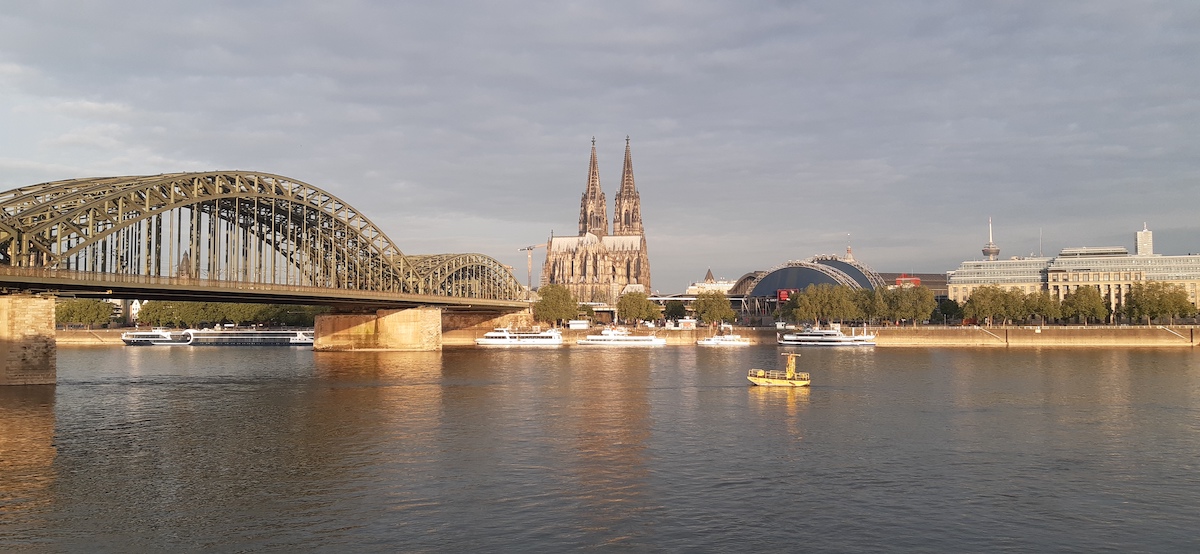
Cities, SI Urban 2/2024, SI-Urban
Cologne: The “Rheinpendel” as a future-orientated mobility solution
The city of Cologne is an example of how urban cable cars can actively shape the transport transition in cities. The cable car on the banks of the Rhine has been in operation for several years now and has established itself as a popular means of transport. Cologne‘s politicians have therefore considered expanding and modernising their cable car.
Various route proposals have been discussed that could, among other things, connect Fühlinger See in the north of Cologne with Porz town hall in the south of the city. In order to overcome the complex challenges of this project, Kölner Verkehrs- Betriebe AG (KVB) commissioned MRK MANAGEMENT CONSULTANTS GMBH to support and advise on the “Rheinpendel“.
Issues in the “Rheinpendel“ project
As part of the cable car project “Rheinpendel“ cable car project, various questions were addressed that can also be transferred to other municipalities: What technical requirements must be placed on the cable car? How can economic viability be ensured? How can the cable car be sensibly integrated into the existing transport network? What impact does it have on the environment?
How can the cable car be integrated into the existing cityscape and how can citizens be involved in the planning and realisation?
Visualisation
The expansion of the cable car for Cologne.
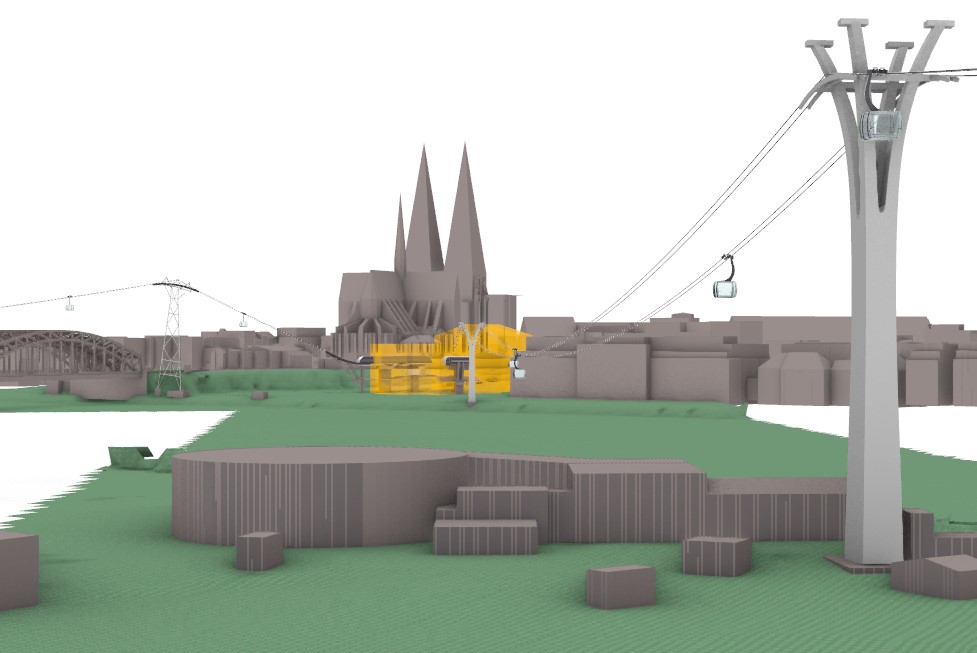
Complex investigation
The introduction of urban cable car systems requires an intensive investigation of specific content and aspects as part of a feasibility study.
As part of the project, several site inspections were therefore initially carried out in order to obtain an initial assessment of the following points: Can the cable car be built at the desired location?
Which private and company properties would the cable car fly over? How can the cable car safely cross the Rhine? And where can the station
buildings be erected? The results of the feasibility study focused on the city centre area of Cologne.
The prefered route of the cable car
The cable car only crosses the Rhine twice on the preferred route.
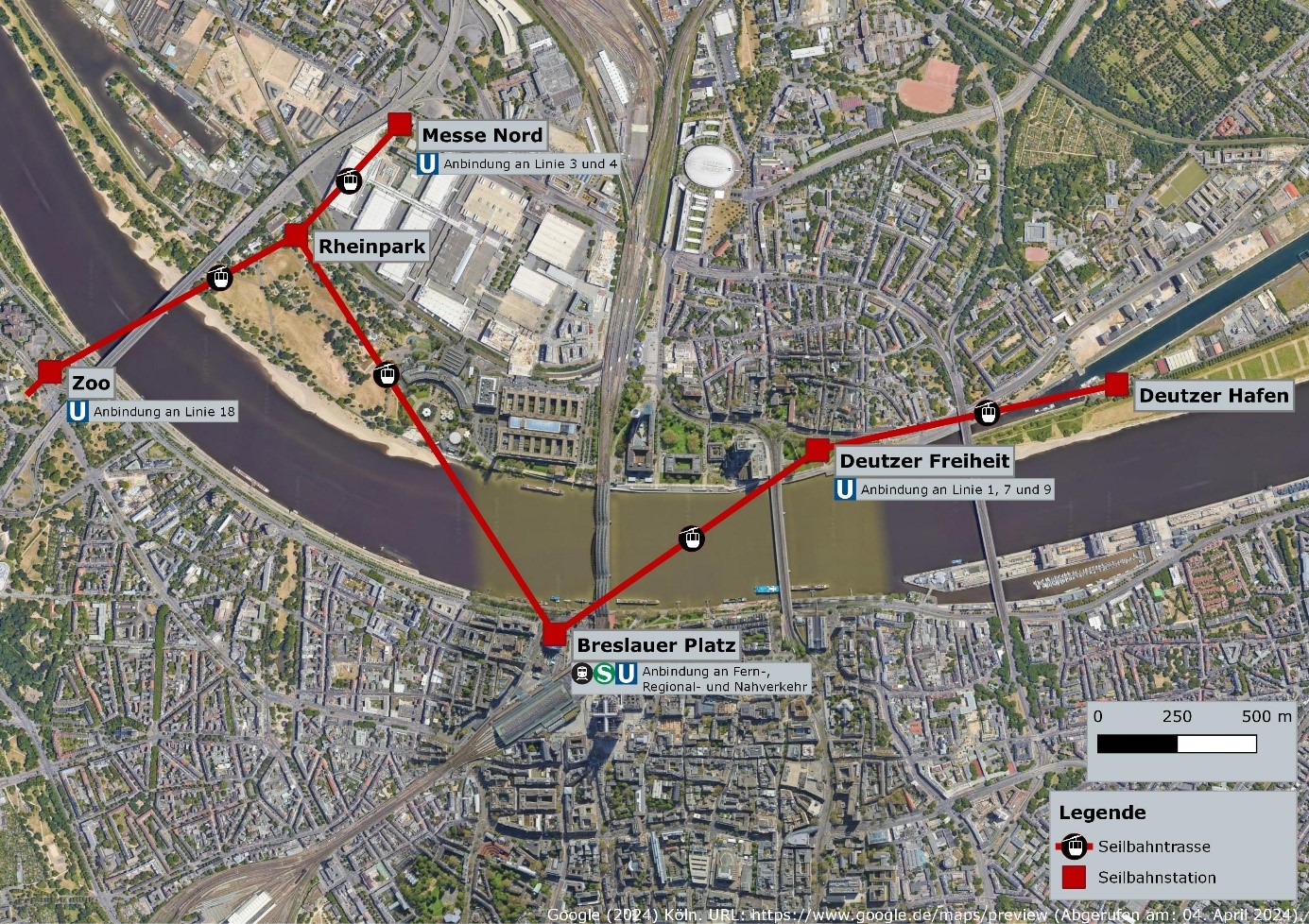
Feasibility study carried out
Following the initial investigations, MRK MANAGEMENT CONSULTANTS GMBH was commissioned to tender, award, supervise and evaluate the feasibility study. The study was to examine a cable car system along the Rhine in the Cologne area that would fulfil the following criteria: The route of the cable car should run as far as possible over public space in order to minimise flying over private and company property.
The cable sag must be kept as low as possible so as not to jeopardise navigation on the Rhine, even at high water levels. The feasibility study was awarded
to the Ropeway Project Group consortium and lasted from summer 2022 to early 2023.
The study covered both route-independent and route-dependent aspects.
The results of the study
The feasibility study identified a 3S-Bahn as the preferred option for the Zoo (Riehl) to Deutzer harbour and a reversible aerial tramway for the section between
Rheinpark and Messe Nord.
The planned cable car provides access to the inner city area of Cologne and can usefully supplement and optimise the existing public transport infrastructure. The study also sees potential for extensions to the north (Rheinpark) and south (Deutz harbour). The investment costs for the preferred option were estimated at approx. 195 million euros.
A twocable railway was examined as a cheaper alternative. Based on the results of the feasibility study, the administration of the City of Cologne recommended to the Transport Committee in September 2023 that the “Rheinpendel“ cable car system be included in Cologne‘s “Better through Cologne“ mobility plan.
MRK: Partner for cable cars
MRK MANAGEMENT CONSULTANTS GMBH has many years of experience and expertise in the planning, realisation and consulting of urban cable cars. It supports clients in the development of customised mobility concepts and in the implementation of ropeway-related tenders and feasibility studies.
